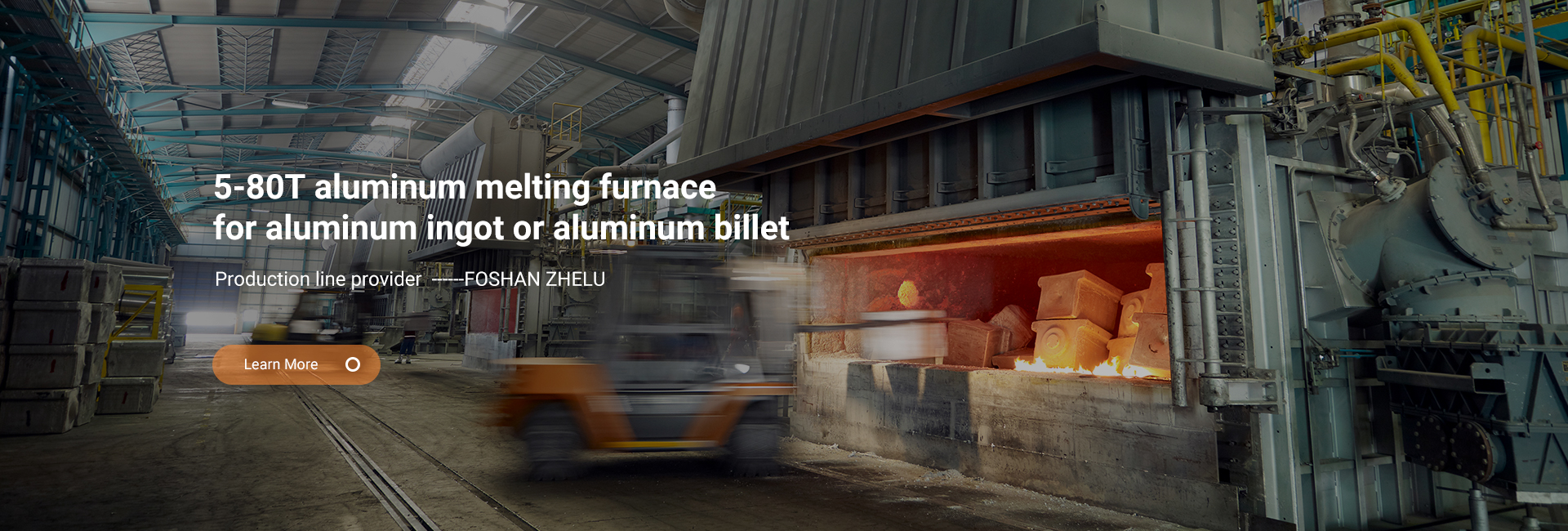The global aluminium industry is in the process of transitioning towards low-carbon sustainable development.
More than 75 percent of countries are now committed to net-zero targets, including major economies such as China, the US and the EU. A growing number of countries, cities, businesses and organisations are committing to reducing carbon emissions and setting ambitious targets for achieving zero. This shared commitment covers 88 per cent of global greenhouse gas emissions, underscoring the world’s determination to address the climate crisis.
However, according to the Global Energy Transition Outlook report, only three of the more than 50 components of the global energy system are aligned with the 2050 zero-emissions vision, including photovoltaic power generation, electric vehicles and lighting. Despite the rapid progress in clean energy, many components are not yet fully on track at the global level.
In the pursuit of a sustainable future, there is a growing focus on two transformative industries, solar and electric vehicles. According to forecasts, these two markets will add 14 million tonnes of aluminium demand over the next decade. Global aluminium demand is expected to grow by 28 million tonnes between 2023 and 2032. Of this, solar and electric vehicles will contribute more than 50 per cent of the incremental demand.
Continued progress in supply chain-wide decarbonisation is most evident in the automotive sector, where more than 20% of the global automotive industry has committed to achieving supply chain carbon neutrality by 2040. In practice, this commitment means that more than 25 million vehicles will feature products that significantly reduce greenhouse gas emissions.” Similarly, within the construction industry, companies are aggressively pursuing the integration of green building standards, with several of the largest real estate developers stating that they are aiming to reduce emissions from their ranges by at least 50 per cent by 2030 and to be carbon-neutral by 2040, with aluminium playing a key role in these innovative technological solutions. In addition, in the consumer goods sector, aluminium is increasingly favoured as the environmentally preferred material due to its recyclability and sustainability benefits” The packaging, consumer goods and automotive sectors, which are at the forefront of the sustainability agenda, are also leading the way in aluminium consumption. Demand for low-carbon aluminium is expected to surge over the next 5-10 years. The low-carbon aluminium market is set to continue to grow.
In order to achieve the goal of zero emissions, downstream customers are actively taking stock of carbon emissions across the supply chain and are requesting supply chain decarbonisation. The easiest way to reduce carbon in products is to increase the proportion of recycled content in raw materials, while disruptive innovations in aluminium smelting technology are imminent.
Post time: Dec-01-2023




